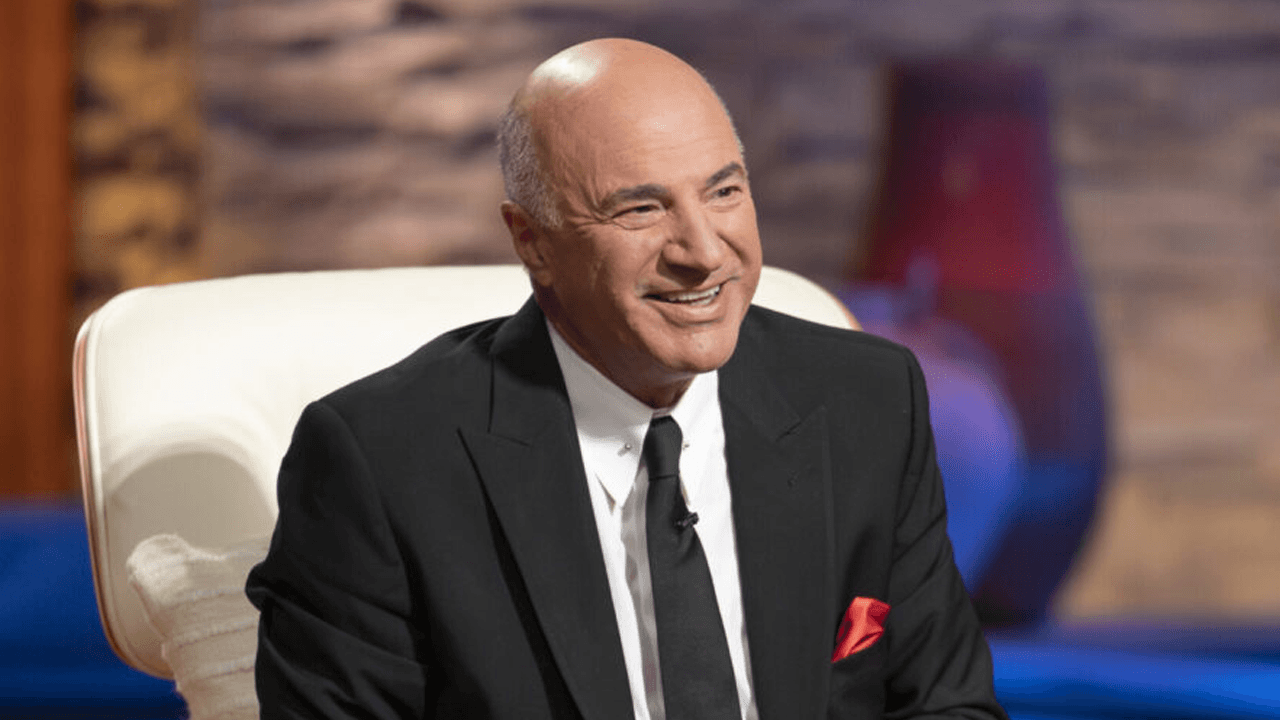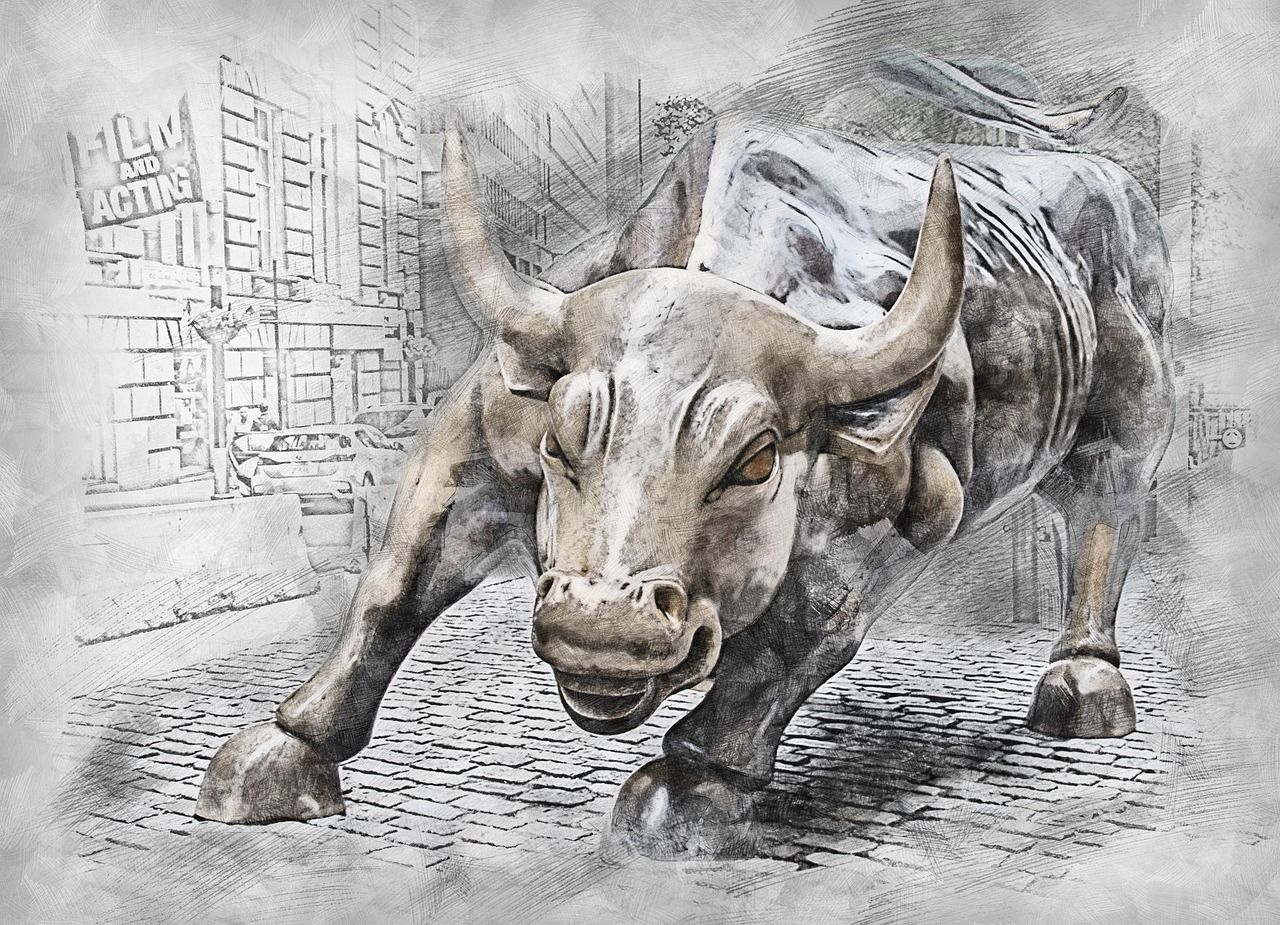A Deep Dive into Athletes Dietary Habits
Elite athletes don’t always eat clean—but they do eat smart, balancing performance, health, and the occasional cookie. Curious...


When we think of elite athletes, images of meticulously crafted diets filled with lean proteins, complex carbohydrates, and a rainbow of vegetables often come to mind. However, the reality of their nutritional habits is both fascinating and, at times, unexpected. Let's explore the dietary patterns of top-tier athletes, backed by data and expert insights.
The Caloric Demands of Elite Athletes
Athletes' energy needs are significantly higher than those of the average person, varying widely based on their sport, training intensity, and individual metabolism. For instance:
- Tour de France Cyclists: These endurance athletes can burn approximately 5,000 calories per stage. To compensate, they consume around 140-150 grams of carbohydrates each hour during races. Breakfasts might include large portions of porridge with agave syrup, dried fruits, and bananas, while post-race recovery meals focus on replenishing glycogen stores with foods like plain rice and chicken.
- College Football Players: Depending on their position and training regimen, these athletes may require up to 9,000 calories per day. Universities invest heavily in providing varied and high-quality meals to meet these demands, ensuring players receive adequate nutrition to fuel performance and recovery.
- General Athletes: According to the University of Wisconsin Health, male and female athletes, especially those still growing, may have caloric needs exceeding 2,400–3,000 kcal and 2,200–2,700 kcal per day, respectively.
Macronutrient Breakdown: The Balancing Act
Achieving the right balance of macronutrients—carbohydrates, proteins, and fats—is crucial for optimal performance:
- Carbohydrates: Serving as the primary energy source, carbohydrate needs vary with training intensity. Athletes might consume anywhere from 3 to 12 grams per kilogram of body weight daily. For example, those engaged in light activity may require 3-5 g/kg/day, while intense training could necessitate 8-12 g/kg/day.
- Proteins: Essential for muscle repair and growth, protein intake recommendations for athletes range from 1.2 to 2.2 grams per kilogram of body weight per day, depending on training demands.
- Fats: Necessary for hormone production and nutrient absorption, fats should comprise about 20-35% of an athlete's total caloric intake.
The Role of Supplements: Enhancing or Replacing?
While whole foods remain the cornerstone of an athlete's diet, supplements can play a supportive role:
- Protein Powders: Convenient for meeting protein requirements, especially post-workout.
- Creatine: Known to enhance strength and muscle mass, it's widely used among strength athletes.
- Vitamin D and Omega-3s: Supplementation may be beneficial, particularly for athletes training indoors or in regions with limited sunlight.
However, it's essential to approach supplementation judiciously. A Canadian study revealed that 87% of elite male and female athletes used supplements regularly, underscoring the importance of informed choices guided by nutritional experts.
Unconventional Eating Habits: Myths and Realities
Despite the emphasis on structured nutrition, some elite athletes have been known for their unconventional dietary choices:
- Usain Bolt: Famously consumed around 100 chicken nuggets daily during the Beijing Olympics.
- Steph Curry: While maintaining a disciplined diet, he allows for occasional indulgences, emphasising balance and enjoyment in eating.
These instances highlight that while foundational nutrition is critical, occasional deviations don't necessarily hinder performance.
The Psychological Aspect: Enjoyment and Balance
Maintaining a healthy relationship with food is vital. As Dr. Mark Bubbs, a performance nutritionist, notes:
"We don't want to turn nutrition into a job because training is hard enough... we want to still keep it fun."
This perspective underscores the importance of balance, allowing athletes to enjoy their meals while meeting nutritional goals.
Conclusion
The dietary habits of elite athletes are a complex interplay of science, personal preferences, and sometimes, surprising choices. While structured nutrition plans tailored to individual needs form the backbone of their diets, flexibility and enjoyment also play crucial roles. For aspiring athletes and fitness enthusiasts, the key takeaway is to prioritise balanced nutrition, understand personal energy needs, and remember that occasional indulgences can coexist with peak performance.l











![How to Find Low-Competition Keywords with Semrush [Super Easy]](https://static.semrush.com/blog/uploads/media/73/62/7362f16fb9e460b6d58ccc09b4a048b6/how-to-find-low-competition-keywords-sm.png)














































































































































































